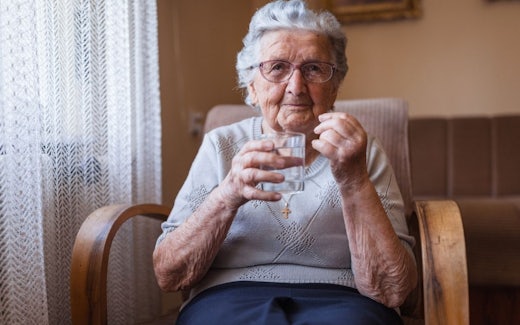How long can a person live on palliative care?
Contrary to common misconceptions, initiating palliative care does not necessarily indicate that death is imminent.

Palliative care is a specialised approach aimed at enhancing the quality of life for individuals with life-limiting or terminal illnesses. Contrary to common misconceptions, initiating palliative care does not necessarily indicate that death is imminent.
The duration a person may live while receiving palliative care varies widely, depending on the nature and progression of their illness, as well as individual circumstances.
Palliative Care: Enhancing quality of life
The primary goal of palliative care is to provide comprehensive support—addressing physical, emotional, social, and spiritual needs—to help individuals live as fully and comfortably as possible. This care can be introduced at any stage of a serious illness and may continue for months or even years. For instance, some patients with advanced cancer live comfortably for extended periods and utilise palliative care services as needed. Their care plans are adjusted based on their evolving needs and preferences.
Impact on life expectancy
Engaging in palliative care does not necessarily mean that a person will die sooner. In fact, studies have shown that individuals with advanced illnesses who receive palliative care often experience improved quality of life and, in some cases, may live longer than those who do not receive such care.
This is because effective symptom management and holistic support can enhance overall well-being, enabling patients to tolerate medical treatments better and maintain their strength.
Variability in duration
The length of time a person may spend in palliative care is highly individualized. Some may require palliative services intermittently over several years, especially if their condition stabilises or improves.
Others with rapidly progressing illnesses might need intensive palliative care for a shorter duration.
For example, in residential aged care settings, there is a specific palliative care classification for residents with a life expectancy of less than three months, allowing them to receive appropriate support without undergoing additional assessments.
Palliative care is a vital component of the healthcare system. It focuses on improving the quality of life for individuals with serious illnesses.
The duration of time a person may live while receiving palliative care varies based on individual health conditions and responses to treatment.
Importantly, palliative care does not hasten death; rather, it provides essential support to help individuals live as fully and comfortably as possible for as long as possible.


















